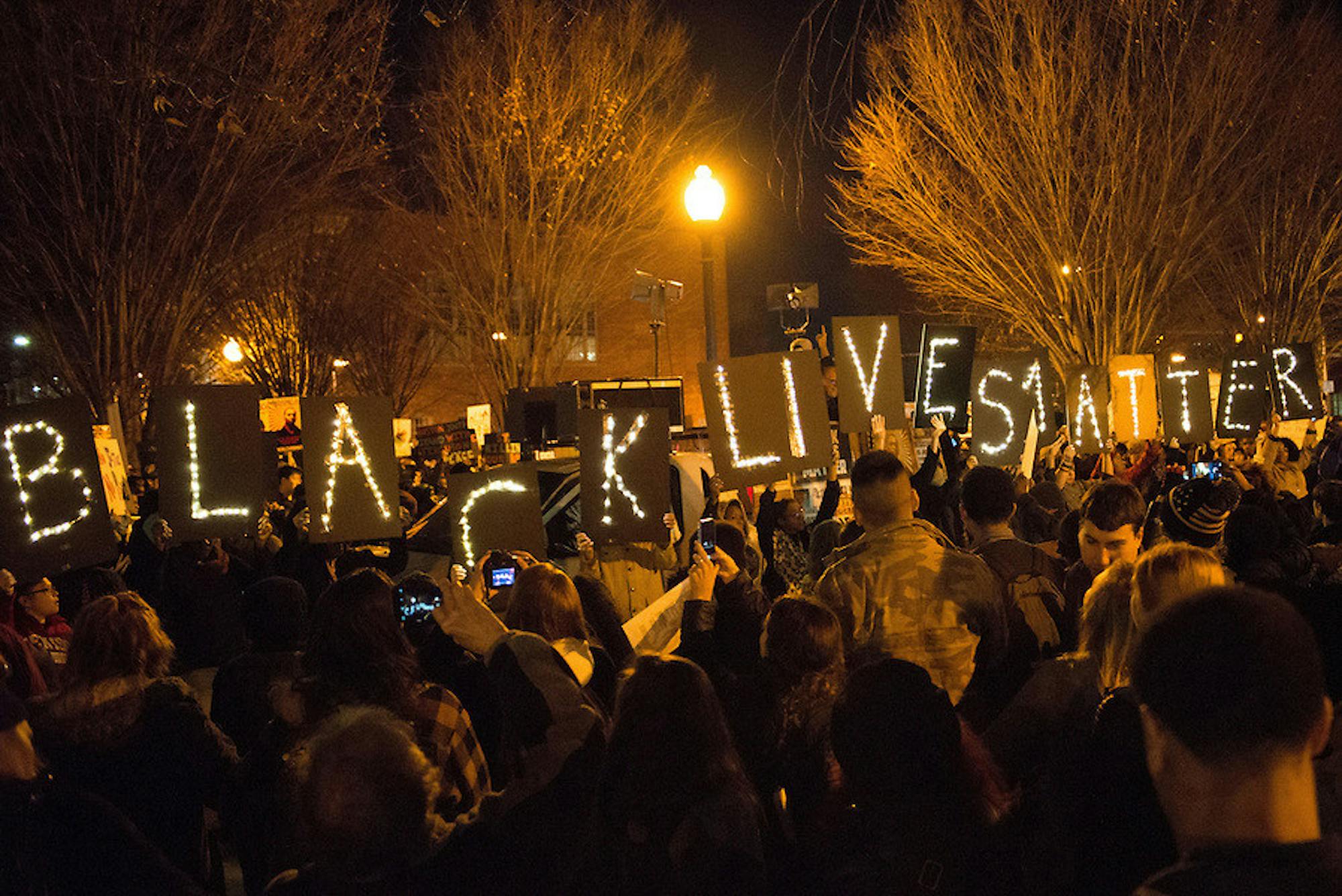Dear Deans,
This letter has been written in response to your message “Protests and Final Exams: A Message from the Deans in Dowling Hall.” There is a long history at Tufts of university administrators disrespecting student activism and invalidating student’s lived experiences, and we find that your messages regarding final exams exemplify this pattern. Last spring, Tufts students, many of whom were survivors of sexual assault, did work meant to be done by administrators on their own behalf and on behalf of other Tufts students, thus having to suffer through re-traumatization along the way. These students worked endlessly to reform university policies, something that they supposedly pay thousands of dollars to the university for administrators to do. The response they received from Dowling Hall indicated that their actions were not deemed important enough for them to receive academic relief. This message was repeated in the email sent out yesterday when you said that “involvement in any type of activity that is a student's choice does not merit extensions or incompletes.”
Your message demands that students continue business-as-usual. Black students and those in solidarity with them would like nothing more than to study for their exams and go home to their families for winter break. However, business-as-usual has never been possible for students of color, especially for black students. Anti-blackness on this campus has made it impossible for black students to be just students. These students’ academic studies, social lives and mental health are all deeply impacted by the anti-blackness from many of their peers, their professors, their administrators and by the continued reminder from national events that black people have always had a target on their backs.
Your message demands that students get medical documentation of their distress from Health Services, a department criticized by students of color for not addressing their needs, for failing to provide counselors of color, for failing to help them cope with the racism they experience on this campus every day. Knowing that your services are inadequate and thus racist, we ask -- how is continued genocide against black lives not enough evidence of a dire need for academic support? This begs the question: Will the extensions granted with medical documentation extend as long as white supremacy exists? As long as Tufts is racist?
Your message reads as a threat to students. It communicates that black students must prioritize their grades over fighting for their liberation or face the consequences. Rallying and protesting is not a choice, as you chose to describe it. If we do not act, we allow and perpetuate violence against those whom it affects. By forcing students into this gamble, you inherently keep many from acting and are thus ensuring that this behavior, ignorance and complicity in the existing white supremacist system will go on untouched. Suppressing student activism is equivalent to the support of oppression. When we are restricted from acting in full force, the glaring problems on this campus and beyond are strengthened.
Tufts lauds active citizenship, but not black citizenship. The exhausting, traumatizing work of black student activists on this campus is the epitome of active citizenship. But you do not recognize that. By refusing to acknowledge the need for and implications of protest and student activism, you blatantly ignore the concerns and experiences of black students on this campus for the sake of maintaining a façade of "active citizenship" that cannot exist for everyone. Tufts does not laud black voices, it does not laud anti-racism. Tufts lauds complacent, quiet and restrained white citizenship. And we refuse to accept that.
We strongly encourage you to reconsider your email, rethink your position and consider the violence of your words. Thanks for your time.
Update: Comments have been closed to prevent further hateful speech and ad hominem arguments.
From student activists on complicity and final exams

Nicholas Pfosi / The Tufts Daily





